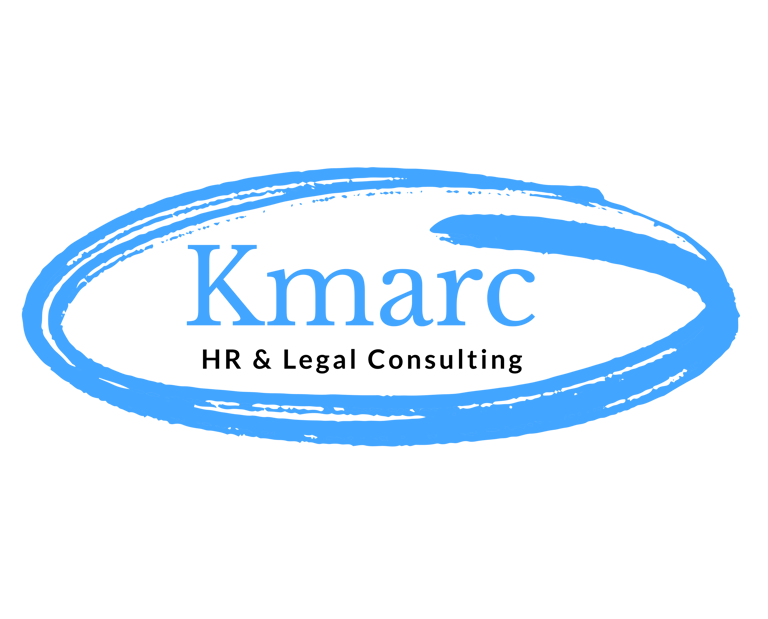Kmarc HR Consulting Northern Ireland
Employee Induction
Induction or to use the new trendy phrase ‘onboarding’, plays a crucial role in your recruitment and retention strategy. You spend 6-9 months of your employees’ salary trying to find them then you give them a one-day induction and then set them lose in your business.
If they stay you’ve been lucky, if they are good performers, you have been lucky, if they have high morale, you’ve been lucky, if they pick up the job the way you want them to you have been really lucky. If they are not put next to the biggest begrudger and moaner in the business who poisons their mind, you’ve been lucky. But when recruitment and retention costs are so high you can’t afford to trust your business decisions and actions to luck.
Kmarc will help you to make that expensive person ‘stick’ and be a high performer by designing a bespoke ‘onboarding’ process. What do they need to know? When do they need to know it by? Who in the organisation is trained and motivated to teach them? If it’s the Wednesday afternoon of week 5 since they entered the organisation – where are they? What are they doing? What skills have they learnt? Who are they with? What is their progress to date? etc. etc.
On e of the key things for your new employees is transmitting your organisational culture. It is the process through which new people are introduced to the company, its values, norms, practices, and the overall work environment. The importance of induction in transmitting organisational culture is not some conceptual HR thing it’s about transmitting your Values and Mission.
During induction, employees learn about the organisation's mission, vision, and core values. This information helps them understand the fundamental principles that guide the company's decisions and actions.
Onboarding sets the tone for cultural expectations, making new employees aware of the behavioural norms and ethical standards upheld by the organisation. It can foster a ‘Sense of Belonging’ it helps new employees feel a sense of belonging from the start. When they understand and align with the organisational culture, they are more likely to engage actively in their roles.
The onboarding process often involves introductions to colleagues, teams, and key stakeholders. This helps new people establish relationships that contribute to a positive workplace culture. Induction accelerates the integration of new employees into the existing organisational fabric. They gain insights into the social dynamics, communication styles, and collaborative practices that define the your work culture. It leads to increased productivity. When employees are well-acquainted with your organisational culture, they can adapt more quickly to their roles. This leads to increased productivity as they understand how their work contributes to the broader organisational goals. This also leads to a reduced learning curve which saves you money. It also leads to higher retention and loyalty. When employees resonate with the organisational culture, they are more likely to stay with the company. Induction helps in creating a sense of loyalty by emphasising shared values and goals.
When employees feel supported and understand the resources available to them, it contributes to a positive and inclusive culture, reducing stress and promoting well-being.
So Induction or Onboarding is a crucial element in transmitting organisational culture as it shapes the initial experiences of new employees and influences their perceptions of the company. By focusing on cultural alignment, employee engagement, and effective integration, organisations can leverage induction as a powerful tool for establishing and reinforcing their unique organisational culture.





















